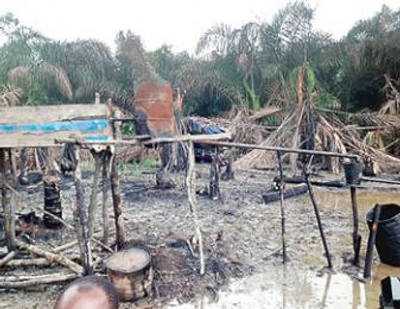Vocation and technical education: Key to improving nigeria’s development!
Technical education is a planned programme of courses and learning experiences that begins with exploration of career options, supports basic academic and life skills, and enables achievement of high academic standards, leadership, preparation for industry-defined work, and advanced and continuing education.
Vocational education and training prepares learners for careers that are based in manual or practical activities, traditionally non-academic and totally related to a specific trade, occupation or vocation. In other words, it is an “education designed to develop occupational skills.” Vocational and technical education gives individuals the skills to “live, learn and work as a productive citizen in a global society.” Technical and vocational education has been an integral part of national development strategies in many societies because of its impact on productivity and economic development.
Despite its contributions the leaders of Nigeria have not given this aspect of education the attention it deserves, and this is one of the reasons for the nation’s underdevelopment. This article focuses on the dearth of skilled technical and vocational manpower in Nigeria and argues that technical and vocational education holds the key to national development. Every facet of the economy has been affected by lack of skilled technicians. The financial sector lacks technicians to regulate the banks and to develop financial software to properly tackle the rising fraudulent activities in the banking sector . Without security, development is impossible in a society; no nation can sustain its democracy if the citizens lack confidence in the police. The police violate the citizens’ human and civil rights and lack forensic laboratory and fingerprint technicians to conduct criminal investigations. And due to poor training, military officers are known to beat up the citizens who challenge their powers and go scot free for their inhumane actions. The danger posed by environmental pollution and fake drugs is alarming. The less educated in the society lack the skill to manage AIDS, cancer and diabetes among other serious health problems. One wonders what the nation’s health minister and the 36 state health commissioners are doing to tackle these issues.Every good citizen is aware that the neglect of technical and vocational education is socially and economically injurious, because it is robbing the nation of the contributions the graduates would make on national development. For that Nigeria is today wearing the toga of a poor state.
Although technical and vocational education seem deficient in ‘citizenship or leadership training’ (Friedman 1982).It provides students with “life skills to become productive entrepreneurs as it engenders creative and innovative ideas, enlarge the economic pie, and increase personal freedom.Most of the so-called “expatriate engineers” who are being paid millions of dollars to build Nigeria’s roads and bridges are graduates of technical and vocational colleges. Yet the leaders do not take technical institutions seriously. –





